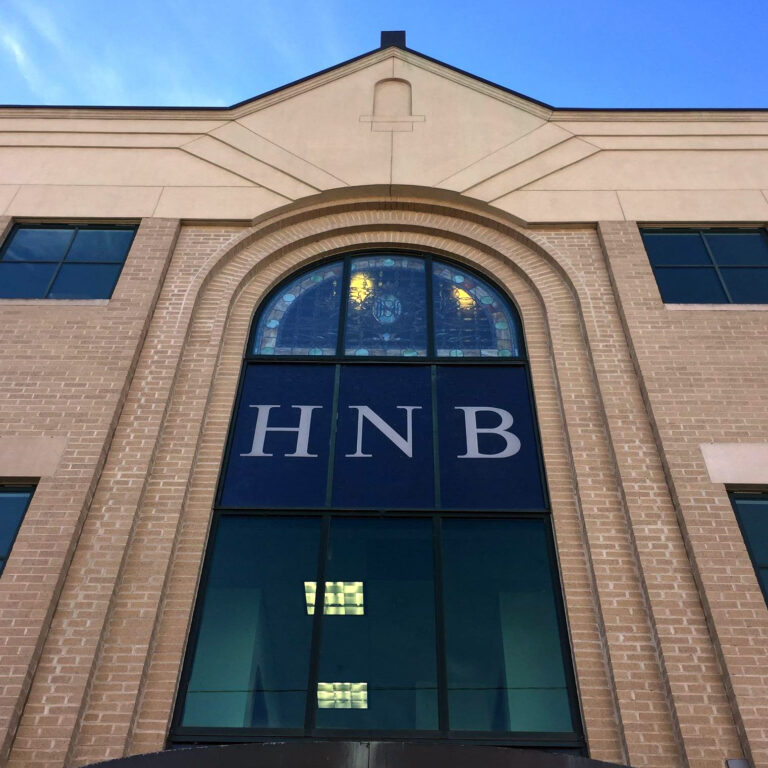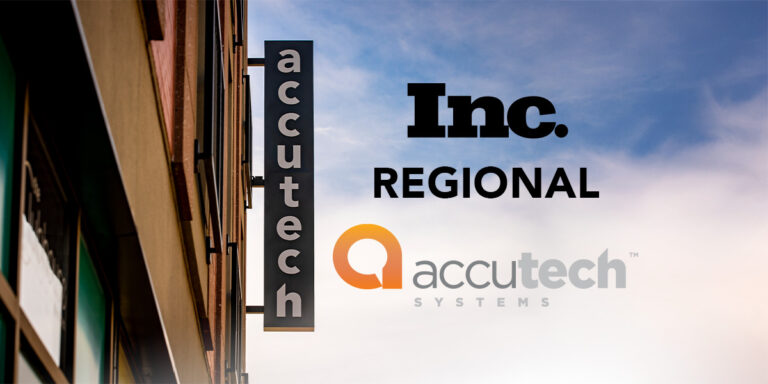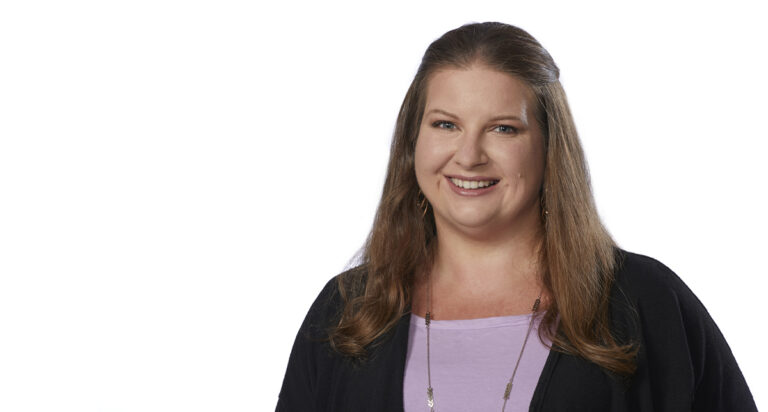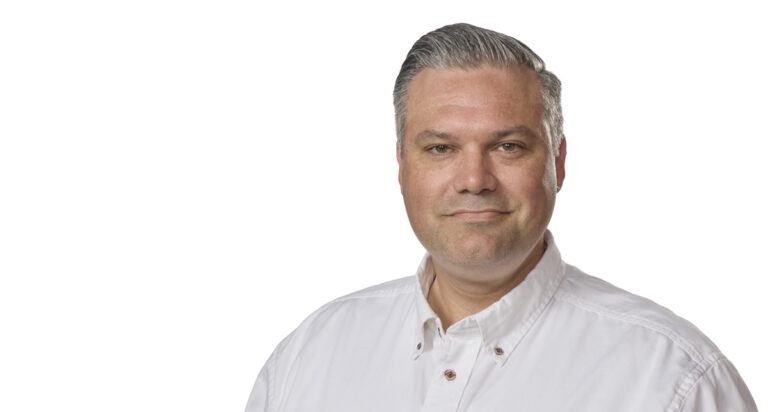Cheetah News

Bath Savings Trust Company, a subsidiary of Bath Savings Institution, has a rich legacy as the third oldest bank in Maine, established in 1852. In

The Honesdale National Bank, a long-standing community financial institution in Pennsylvania with over a century of trust services expertise, partnered with Cheetah personnel to optimize

The reality is clear—many firms are struggling to connect with younger heirs, and traditional engagement strategies are falling short. To stay ahead, advisors must rethink how they build relationships, deliver services, and integrate technology. The firms that fail to evolve risk losing assets and relevance in an industry undergoing pivotal change.

MUNCIE, Ind., April 1, 2025 – Inc. today revealed that Accutech Systems Corp. earned a spot on its fifth annual Inc. Regionals: Midwest list.
The list highlights the fastest-growing private companies in the Midwest, which includes Illinois, Indiana, Iowa, Kansas, Michigan, Minnesota, Missouri, Nebraska, North Dakota, Ohio, South Dakota, and Wisconsin.

With a deep background in trust and wealth management operations and a passion for helping others, she’s uniquely equipped to lead the back-office outsourcing services that Cheetah provides to banks and trust companies. In this Q&A, Erin shares her journey, vision, and the personal resilience that continues to fuel her professional drive.

Accutech Systems Corp. earned Tech Company of the Year honors Thursday evening at TechPoint’s 2025 Mira gala on Feb. 27.
The award recognizes excellence and innovation in Indiana’s technology community. Accutech Systems earned the award for companies with fewer than 500 employees.

Before joining Cheetah, Shane led a trust company’s transition to modern technology—a process that introduced him to Cheetah and eventually inspired him to join the team.

‘Tis the season to celebrate growth, efficiency, and client success!
Inspired by the classic “12 Days of Christmas,” we’re unwrapping 12 game-changing gifts that Cheetah delivers to trust and wealth management professionals every single day. While we won’t sing (we promise), we hope this festive breakdown brings a smile to your face.

Financial advisors juggle a multitude of tasks, from investment research and portfolio management to client communication and account administration. Unfortunately, these tasks are often siloed across disparate systems, creating a fragmented workflow.
